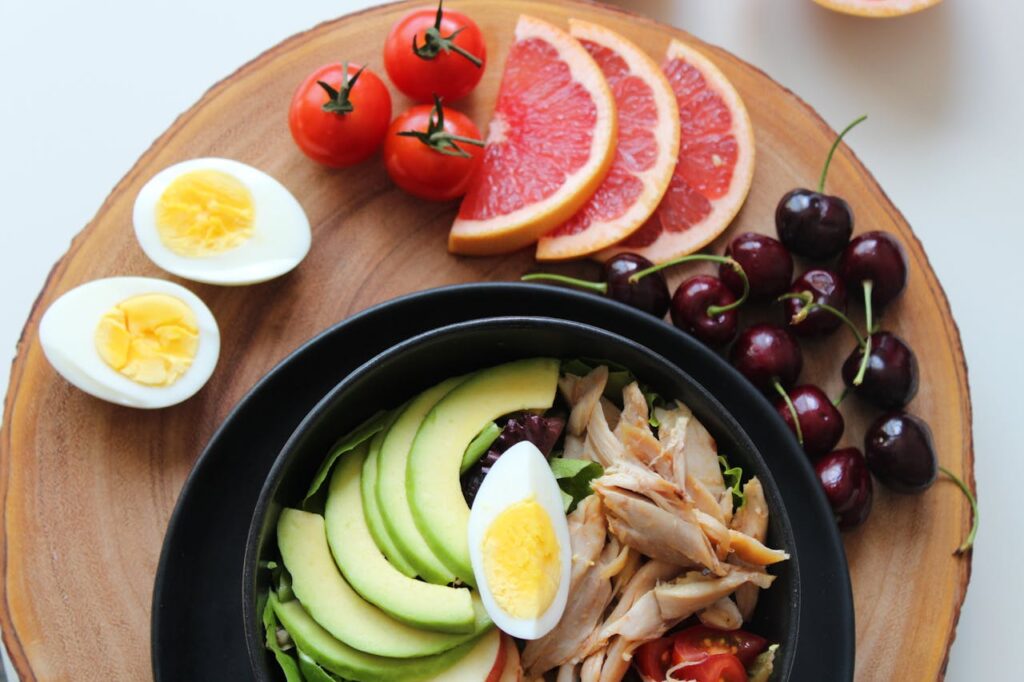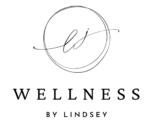Navigating dietary choices is a deeply personal journey, influenced by health needs, ethical considerations, and lifestyle changes. Years ago, I embraced a vegan diet with enthusiasm, driven by a desire to support my health and minimize animal cruelty. However, life and health can be unpredictable, and my experiences have led me to transition from veganism to a Mediterranean-style diet, including poultry, seafood, dairy, and eggs. Here’s my story.

The Initial Shift: Pescatarian for Ulcerative Colitis
My journey began with a pescatarian diet, which I adopted to help manage my ulcerative colitis symptoms. For a long time, this approach worked well. The inclusion of fish and seafood provided my body with much-needed nutrients and helped me feel more balanced and energized. The focus was on fresh produce, whole grains, and lean proteins, which aligned well with my health goals at the time.
The Vegan Chapter: Health and Ethics
Motivated by both health and ethical concerns, I transitioned to a vegan diet. I believed it was the best choice for my body and aligned with my values against animal cruelty. For years, I thrived on a plant-based diet, enjoying the variety of fruits, vegetables, grains, and plant-based proteins available. However, as time went on, challenges began to arise.
The Challenge: PCOS and Weight Gain
When I decided to stop using birth control, my PCOS symptoms surfaced with a vengeance. I started gaining weight rapidly, which was concerning for both my physical and mental health. On a vegan diet, most of my protein intake came from carb-heavy foods like beans, legumes, and ultra-processed options such as “fake meat” products like Impossible burgers. While these foods were convenient, they often left me feeling sluggish and not at my best.
Pregnancy and Cravings: Listening to My Body
Amid these challenges, I became pregnant with my second child. Pregnancy brought intense cravings for meat, which surprised me. I believe my body was signaling a need for extra protein without the additional calories and carbs that came from my previous protein sources. This was a turning point in my journey, where I realized I needed to prioritize my health and the health of my child over my ethical concerns about eating meat.
The Struggle: Ethical Dilemmas and Gradual Acceptance
The decision to reintroduce meat into my diet was not easy. I grappled with the ethical implications for a long time, finding it difficult to reconcile my need for animal protein with my values. I started by consuming small amounts of chicken, but I couldn’t bring myself to think of it as once being an animal. Cooking meat myself was out of the question initially; I relied on restaurant meals or dishes prepared by my husband.
Slowly, I began cooking ground chicken and turkey at home. In my mind, these products appeared less like “meat,” which helped ease my transition. After months of gradual acceptance, I could finally prepare and eat foods like chicken breast without discomfort. However, I continue to avoid beef, pork, lamb, and other red meats, as I am still navigating my feelings about these animals.
Embracing a Mediterranean-Style Diet
Today, I follow a Mediterranean-style diet that feels right for my body and lifestyle. This approach emphasizes whole foods, healthy fats, lean proteins, and a variety of fruits and vegetables. Poultry, seafood, dairy, and eggs provide the necessary nutrients without the heaviness I experienced on a vegan diet. I find that this way of eating supports my energy levels, helps me maintain a healthy weight, and aligns with my nutritional needs, especially as a busy mother of two.
My transition from a vegan diet to a Mediterranean-style diet has been a deeply personal journey, marked by health challenges, ethical considerations, and evolving needs. While I still respect the principles of veganism and understand the importance of ethical eating, I have learned that listening to my body and prioritizing my health is crucial. Every person’s dietary journey is unique, and what works for one individual may not work for another. Ultimately, the most important lesson I’ve learned is to be kind to myself and make choices that support my well-being and that of my family.
